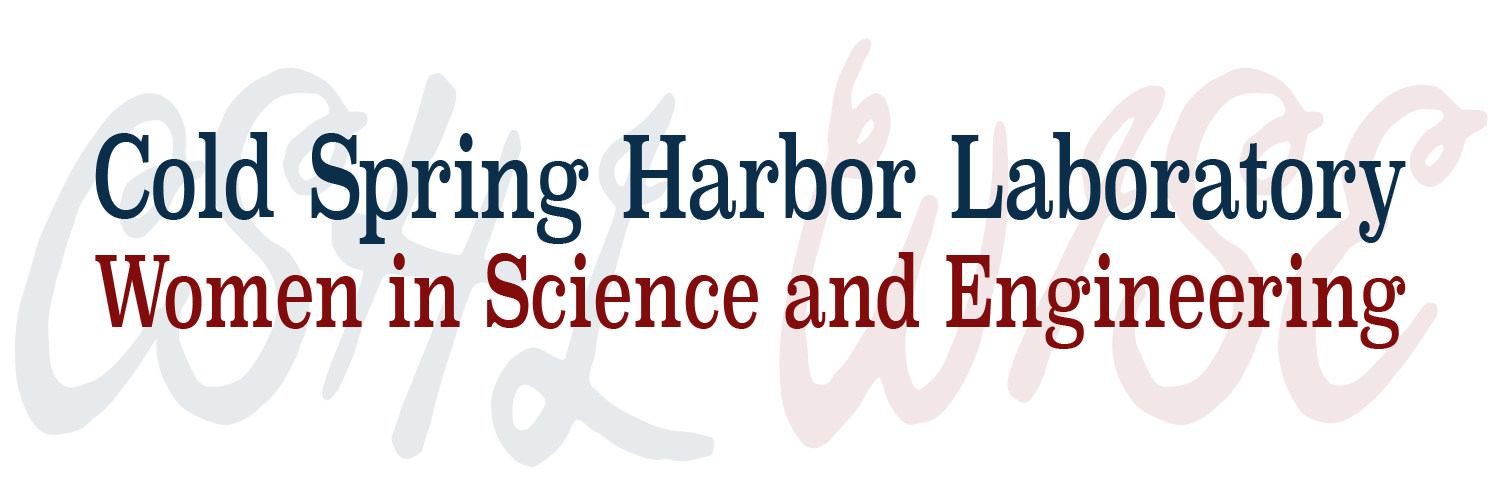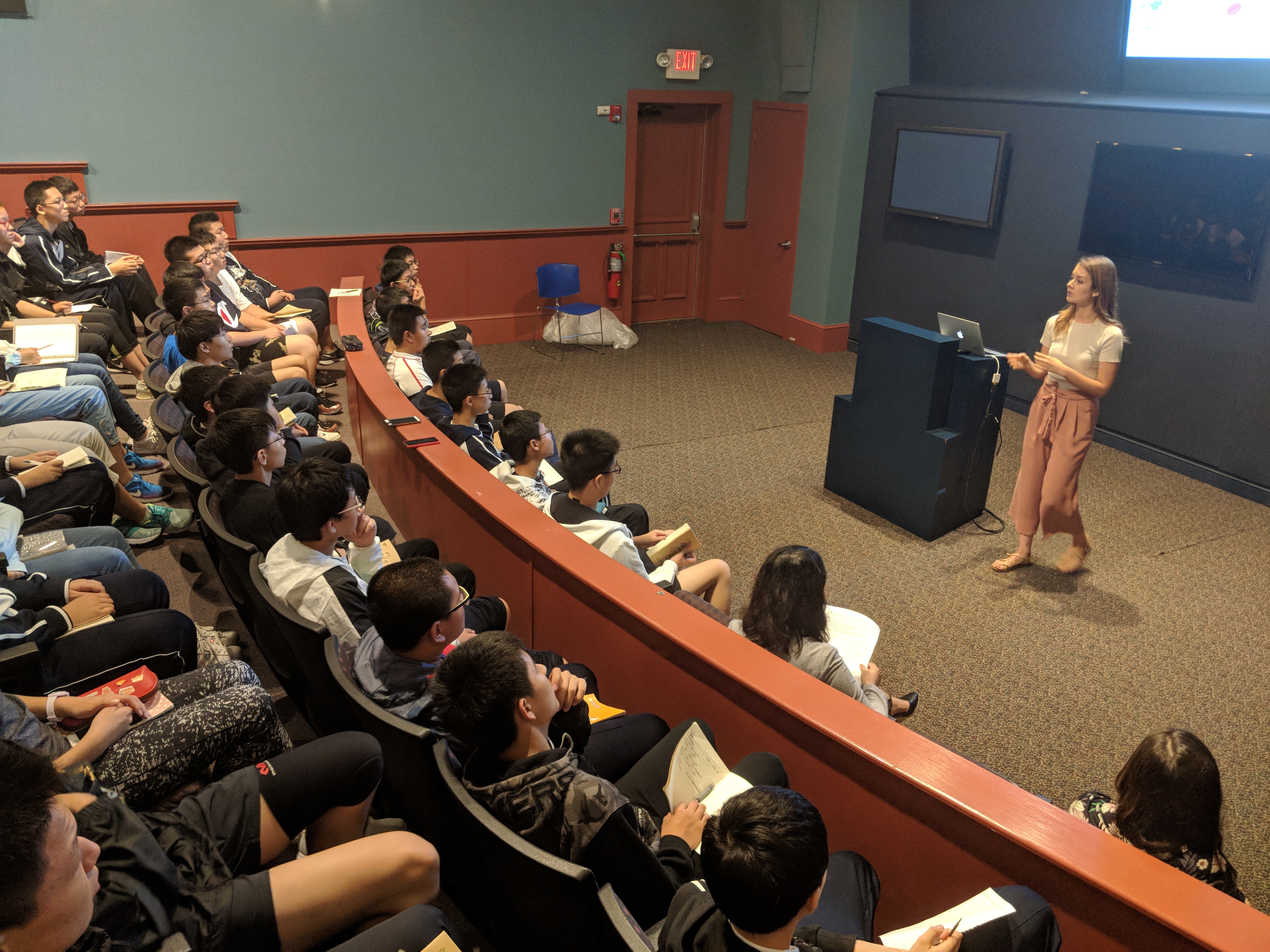Penpal program

In September 2018, WiSE Outreach began a WiSE Science Penpal Program with science research students at Our Lady of Mercy Academy of Syosset.
We paired 24 WiSE scientists with the high-school students for the 2018-2019 school year. The goal of this penpal program has been to provide these young women with the opportunity to connect with real-life scientists at CSHL and to answer their questions about daily life in the sciences. It is important to expose them to the diverse paths and careers in science. In sharing our love of science with these young women, we hope to provide them with resources, guidance, and inspiration.
After the 3rd letters were dropped off, we checked in with some of the scientists to hear about their experience thus far. Many expressed excitement in receiving their letters as a break from normal routine.
Shruti Iyer shared some thoughts on the penpal program with us,
“For me, the pen pal experience was great because it felt like I was writing letters to my past self. My pen pal buddy got me reacquainted with that untarnished enthusiasm and passion for science that we all had starting out, which sometimes fades a little the older you get. At the same time I was able to advise her in things that I wished I had some guidance back then. So it’s a great time machine in a way that helps you revisit the past and help someone with their future!”
Our scientists are now waiting to receive their next letters. This program has been fun and exciting for everyone involved. The value of this sort of guidance and mentorship is undeniable and we hope to continue and expand our penpal program for the next school year. Hopefully we have successfully humanized scientists and have inspired these young scientists to pursue their scientific interests.
WiSE Scientists for International Students
Wiki-editathon
Less than 17% of Wikipedia’s biographies (including scientists) are about women (Wagner, 2016). Not only are the women chosen to be the subject of a Wikipedia article more ‘notable’ than men, but these articles also present linguistic and topic biases based on gender. Moreover, article editors are predominantly male, reinforcing the gender inequalities on Wikipedia. For example, Donna Strickland did not have a Wikipedia page until she won the 2018 Nobel Prize in Physics because she was not considered “notable” enough beforehand, despite a long history of scientific achievement leading up to her national recognition. In 2018, CSHL WiSE, in collaboration with CSHL’s Library and Archives, and with support from Wikimedia NYC, hosted an event to teach all members of the CSHL community how to create and improve the Wikipedia articles of women scientists.



